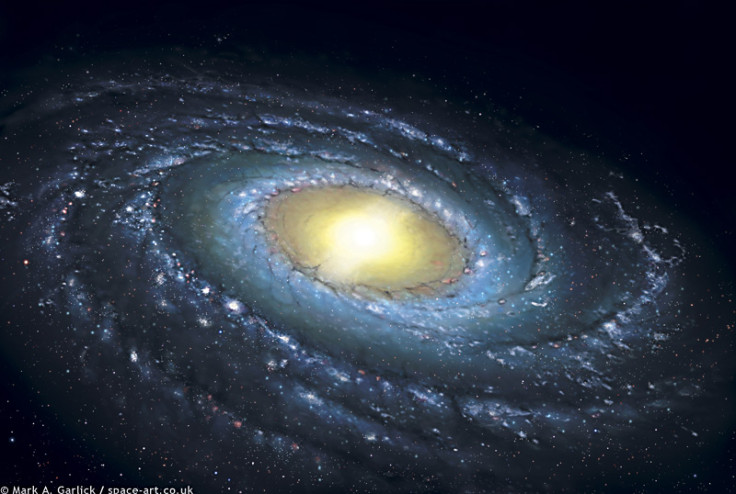Ex-Nasa scientist William Borucki: We are alone in our galaxy

It is most likely that we are the only living beings in our galaxy, according to an esteemed former Nasa scientist. William Borucki, who played a large part in finding other potentially hospitable planets during his role as chief investigator for the US space agency's Kepler mission until his retirement in 2015, said that the evidence points to us being alone, in our galaxy at least.
Borucki was in Hong Kong to pick up the Shaw Prize in Astronomy for the role he played in the Kepler programme when he said that the unusualness of the silence in the Milky Way was exacerbated by the discovery of habitable planets.
He told the South China Morning Post: "We have a galaxy full of 10 billion planets, in habitable zones, roughly Earth-size, [but] no visits, no communications we've picked up. How can that be? Up until now it was just an intellectual question. It isn't anymore. There could be 10 billion civilisations or none. The evidence certainly is none ... the evidence says, no one's out there.
"Just think of what [Kepler] has shown us ...today we know most stars have planets, today we know many of these planets are Earth-sized, we know many of these are in the habitable zone. Today we know one of the biggest questions mankind faces is: why haven't we been contacted?"
Borucki began working at Nasa in 1962 and remained there for almost 53 years. He will donate $100,000 (£65,508) of his Shaw Prize winnings to the fight against climate change.
He continued: "It's a wonderful honour, it's a lifetime honour. I could never imagine I'd receive something so prestigious. All I wanted to do is build a telescope and find out whether there were planets."
© Copyright IBTimes 2025. All rights reserved.






















